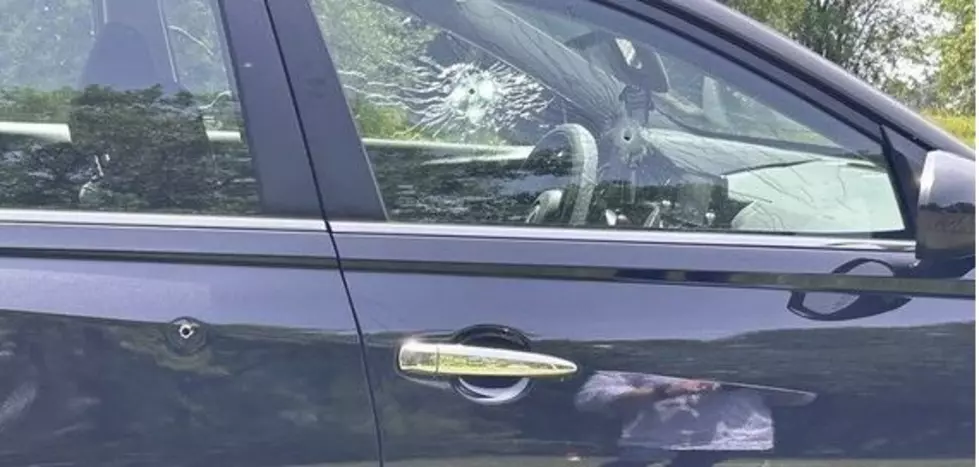
Please, Stop Sharing the ‘Stolen Catalytic Converters’ Post — It’s a Scam!
We can all agree that thieves stealing catalytic converters off of vehicles is an all too common thing right now in America.
Catalytic converters are stolen for two main reasons -- they're extremely easy to steal and are made with high-value precious metals.
That's a winning combo for the crooks, but not so good for hard-working Americans who value the things they work to pay for.
Keeping your property protected can be quite the task in itself but there is a multitude of ways to deter would-be thieves.
But that's not the real subject of this article. I say all the above to tie that into something I've been seeing a ton of on Facebook -- people sharing pictures of catalytic converter thieves in the act.
Simply put, stop sharing these, it's a scam! Each and every one of them.
Some of these pictures may come from real "caught-in-the-act criminals," but most are staged and posted by a hack account.
How do I know this? Well, click on the account and you'll see that most hardly have any friends, followers, or pictures posted. All signs of a scammer.
According to social media experts, these scammers post something to get a lot of shares, then they'll change the post a few days later to a rental post, for example, and try to scam people with a non-refundable application fee.
Also, when it comes to these catalytic converter theft posts, you'll see the same pictures used and the scammers change out the location where the theft occurred. You'll see the same type of verbiage with a different town/city/region/stage mentioned:
Let's make this woman famous and lock her up. She has been going through our neighborhoods in Louisiana cutting catalytic converters.
Or, the picture actually occurred somewhere and the thief was busted, like in the story below.
There are other iterations of this scam, but what I outlined above is the general gist of it all.
Be smart, use common sense, and lie on the side of caution before you help these scammers out by sharing these posts unnecessarily.
LOOK: See how much gasoline cost the year you started driving
More From 97.3 The Dawg









